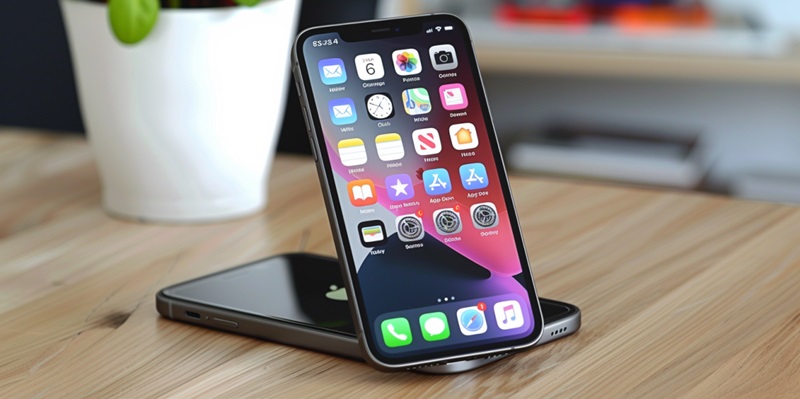Apple is making waves in the tech community with the upcoming release of iOS 18, signaling a significant leap in integrating advanced artificial intelligence (AI) into our daily mobile experiences. With such a high-level merger of technology and convenience, users are poised to encounter a transformative iPhone ecosystem, all powered by Apple’s latest AI capabilities. This evolution in smart technology is more than an incremental change; it’s part of a broader strategic initiative that aligns with Apple’s ethical stance on privacy and its reputation for delivering rapid, reliable processing. Notably, what sets Apple’s ‘Apple Intelligence’ software apart is its fundamental approach to AI: it largely runs on the iPhone’s robust processor, reducing reliance on cloud servers and thereby enhancing user privacy.
Transforming iPhone Utilities with AI
The impact of AI adoption will reverberate across a suite of iPhone applications. From Mail to Voice Memos to Photos, users will discover an array of new functionalities designed to simplify daily tasks. Envision advanced summarization tools at your fingertips, ready to condense lengthy documents for quick comprehension. Picture an intuitive email drafting aid that streamlines your communication, or AI-suggested emojis that capture your sentiment precisely without the fuss. Even the quintessential Siri is poised to become more sophisticated, undergoing an immense AI overhaul that will extend into more complex in-app tasks. The ability to manage emails through mere voice commands is becoming a reality, melding convenience with futuristic flair.
Yet, these advancements come with a caveat. To harness the full scope of these AI features, certain hardware capabilities are required. Only the latest in Apple’s technology—the iPhone 15 Pro or the yet-to-be-released iPhone 16 series—will be compatible with the AI suite. For iPad and Mac enthusiasts, an M1 chip or newer will be the key to unlocking this cutting-edge functionality. This necessity for the newest hardware might stimulate a wave of device upgrades, though it risks alienating a segment of Apple’s consumer base that clings to older models.
The Privacy Edge in Apple’s AI Strategy
At the heart of Apple’s AI approach is a strong commitment to safeguarding user privacy, increasingly becoming a trademark for the brand amidst growing concerns over data security. Apple’s decision to keep AI processing on the users’ devices rather than on cloud servers epitomizes its dedication to privacy, ensuring that sensitive information stays private and not exposed to potential breaches from external servers.
Partnering with OpenAI, Apple’s inclusion of a ChatGPT-like feature into its devices is a strategic step reflecting its vision for the future while keeping a competitive edge in the smartphone market. This integration not only marks an innovative leap for Apple but also emphasizes the delicate act of balancing cutting-edge AI technology with privacy. The feature enhances user interaction with technology, making it more personalized and effective, yet it also signifies the ongoing shift to an even more technology-centric world.
With iOS 18, Apple pushes the boundaries, combining progressive AI, respect for privacy, and advanced hardware. This direction signals a bold future for smart technology, positioning iPhone users at the forefront of an intriguing and complex technological landscape.

